Physical Address
304 North Cardinal St.
Dorchester Center, MA 02124
Physical Address
304 North Cardinal St.
Dorchester Center, MA 02124

A microkernel is a minimalist operating system (OS) architecture where only the most essential system functions run in kernel mode, while everything else, including device drivers, file systems, and network stacks.
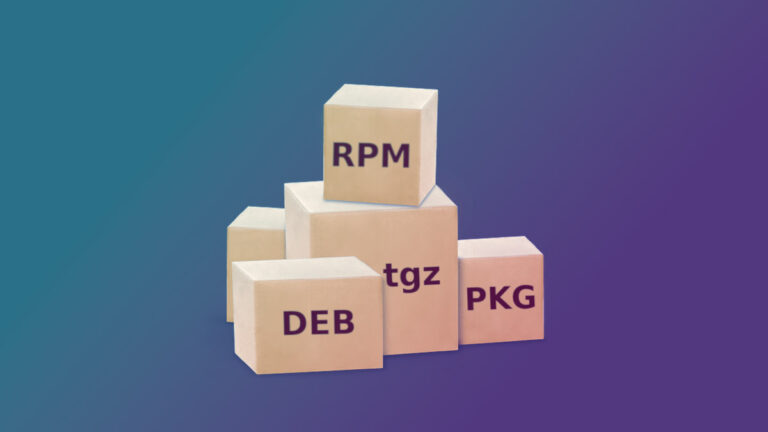
Each Linux distribution has its own package format and package management system. The most common package formats are .deb (for Debian-based systems) and .rpm (for Red Hat-based systems). This article covers how to install, remove, and manage local packages across different distributions.

This quick tutorial and cheat sheet will give you all the commands to install, remove and upgrade pages in most Linux distros, from Debian and Ubuntu to Red Hat, Fedora, CentOS, Arch and more.

Linux distributions rely on package management systems in order to install software. Popular examples include dpkg (Debian, Ubuntu), RPM (Red, Fedora and CentOS), Pacman (Arch), etc. This article will teach you the basics about Linux Package management.
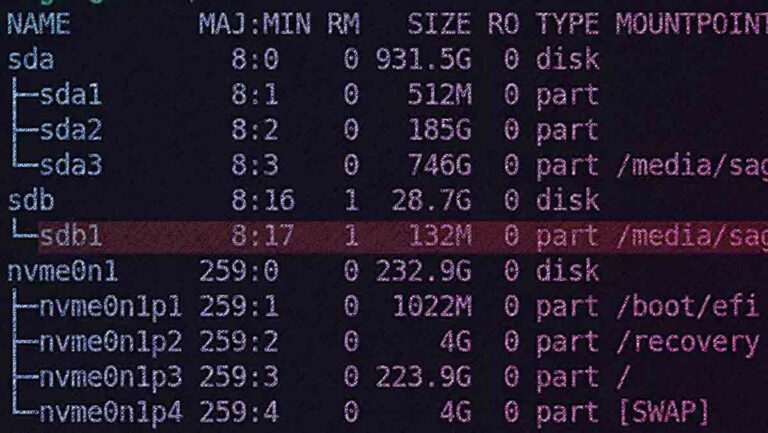
How to use device files in /dev/ for common disk-related tasks, including disk copying, backups, and mirroring, using tools like dd, cat, and others. It also highlights best practices and precautions to ensure data integrity.
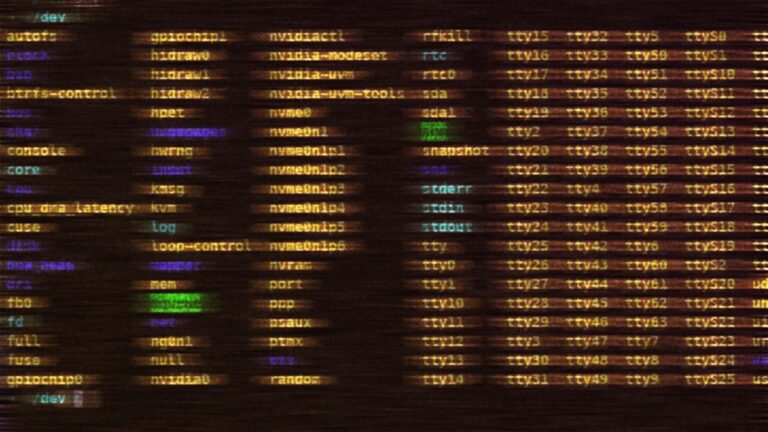
This article explores and explains the "everything is a file" philosophy and implementation, discussing its implications, practical examples, and the benefits it brings to the Linux and Unix ecosystems.
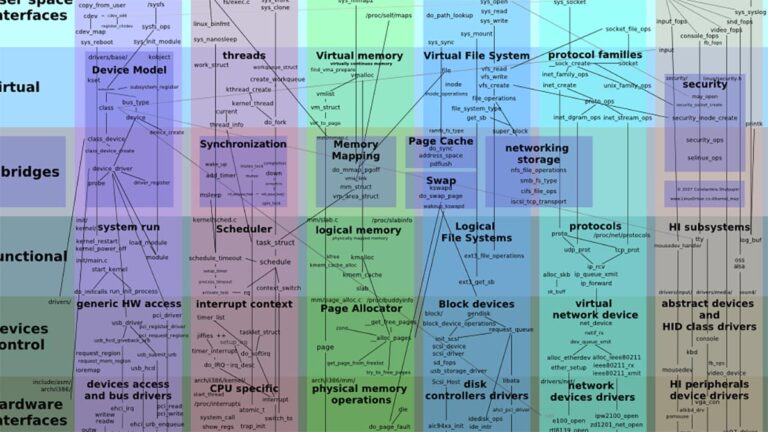
This article explores the technical architecture, features, and functionalities of the Linux kernel, highlighting its components and the mechanisms that make it a powerful and versatile piece of software.

From a personal hobby project to a cornerstone of modern computing, the Linux kernel's journey is a testament to the power of open-source collaboration and innovation. Its flexibility, performance, and community-driven development have ensured its relevance across decades.

This guide and cheat sheet will help your understand command substitution in Bash (and other shells). Be it in the command line or in a script, with command substitution you'll be able to combine commands and their outputs in a very powerful way.
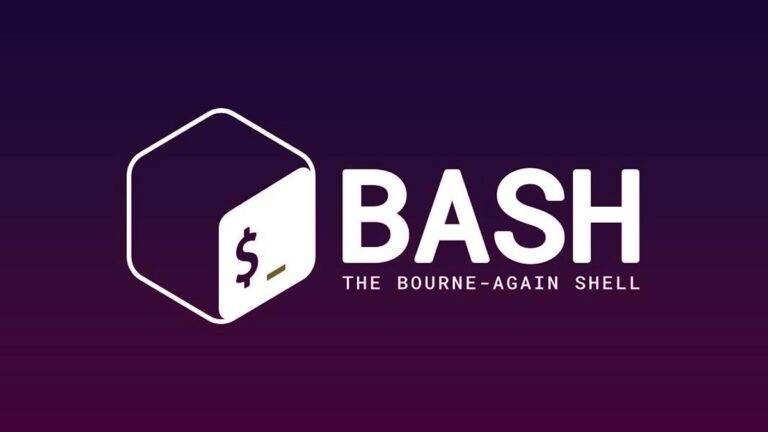
This guide and cheat sheet, explores various techniques and tools for troubleshooting and debugging your Bash scripts. We’ll cover both built-in approaches (like set options and trap) and external resources (shellcheck, logs) to help you quickly identify and fix issues.